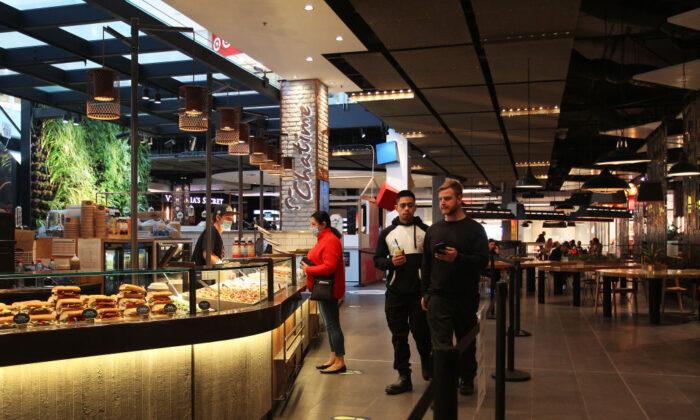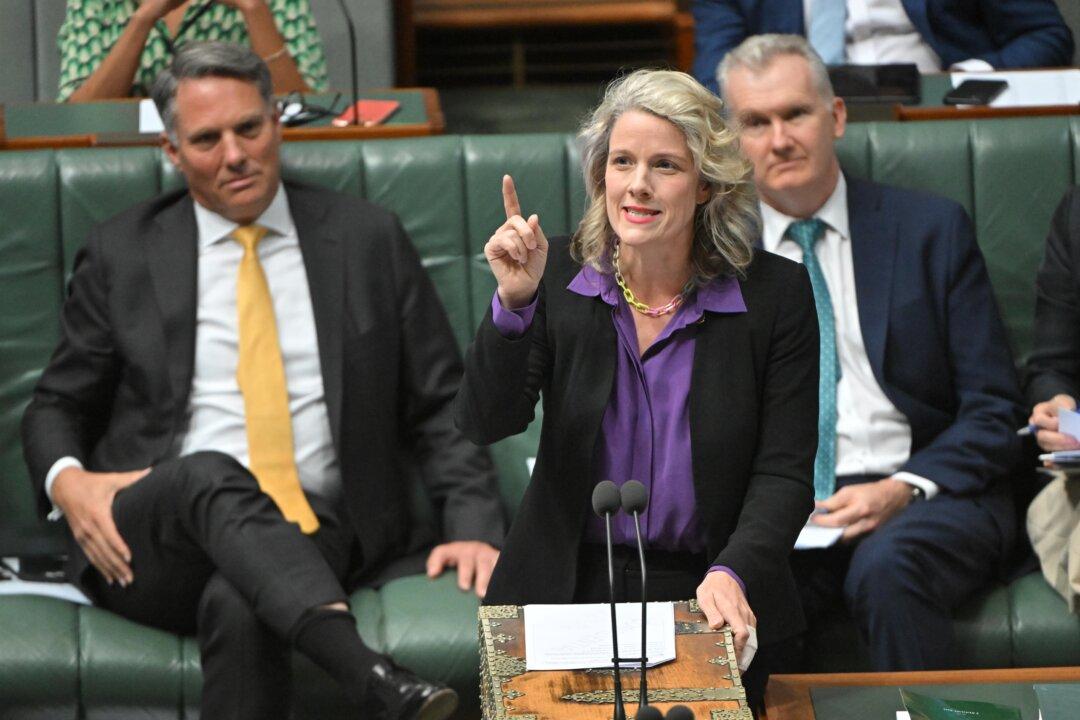Businesses remain relatively resilient to economic challenges, but conditions are expected to deteriorate as the full force of higher interest rates is felt.
A monthly survey by NAB showed business conditions slipping one point to 17 index points, which is still a “very strong” result compared with historical averages.
But confidence in the Australian business community did sink below zero in the February report, falling 10 points to minus-four points.
The confidence indicator lifted into positive territory in January.
Conditions remained elevated across industries and states, with trading conditions and employment holding steady at 27 and 12 index points, respectively, while profitability dropped four points to 14.
Leading indicators eased slightly, with forward orders falling three points to three index points. Capacity utilisation also dipped but remains elevated at 85.2 per cent.
NAB chief economist Alan Oster said there were mixed signals around prices in the February survey, with labour costs picking back up to 2.8 per cent in quarterly terms from December lows and purchase-cost growth remaining elevated at 3.1 per cent, despite easing global pressures.
“Prices growth does appear to be easing in retail as global supply issues resolve,” Oster said.
“However, our survey shows little evidence of an easing in services prices for consumers, which remains a key focus for the RBA.”
He said the survey confirmed the ongoing resilience in the economy, “though we continue to expect a more material slowdown in demand later in the year when the full effect of rate rises has passed through”.
The NAB business report was flagged by the Reserve Bank last week as one of four key data sources of interest ahead of the April cash rate decision.
The central bank lifted rates again in March but softened its language in accompanying communications and suggested it was getting closer to pausing its tightening cycle.
JP Morgan economist Jack Stinson said the February business survey did not offer clear justification for a pause in April.
“Clearly, any signal is dulled by ongoing financial stability concerns,” he said, referring to the failure of multiple regional banks in the United States.
Three regional U.S. lenders have collapsed or closed over the past few days, including the California-based Silicon Valley Bank, which was primarily used by the tech sector.
Stinson said Thursday’s labour force report could move the needle on the April cash rate decision.
“We stick with a final 25bp hike in April, acknowledging events of the past few days have tilted risks towards a pause,” he said.
Rising interest rates have also been weighing on consumer confidence.
Westpac and Melbourne Institute’s monthly index held near record lows in March, remaining unchanged at 78.5.
Westpac chief economist Bill Evans said sub-80 readings were rare, especially two in a row.
“Indeed, both the COVID shock and the global financial crisis saw only one month of sentiment at these levels,” he said.
ANZ and Roy Morgan’s weekly measure of consumer sentiment dropped 2.9 points last week to 77, well below the monthly average of 111.6 over the past three decades.
The weekly barometer of consumer sentiment is now at its lowest point since April 2020.






Friends Read Free